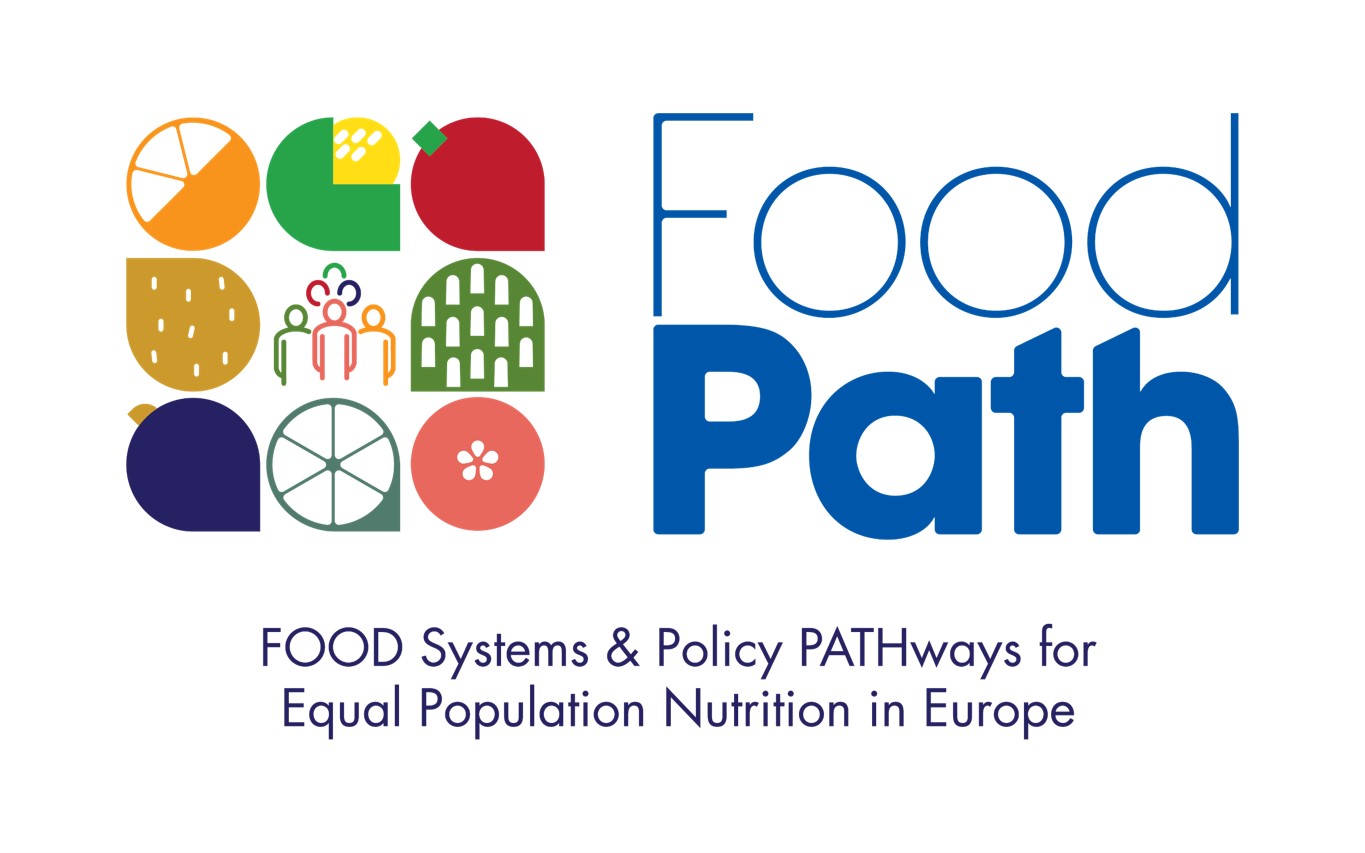About us
FOODPATH is a consortium of researchers from universities and research institutes in Belgium, Ireland, Italy, the Netherlands, Poland, and Türkiye. We all have different backgrounds and expertise, but we share a common interest in understanding why some communities and groups have access to healthy and sustainable diets, while others don’t.
What is FOODPATH
FOODPATH builds on a wealth of existing connections and learnings, while also developing new ones. Our consortium members have worked together previously as part of JPI-HDHL European Policy Evaluation Network (PEN), for example, providing important recommendations for national governments in 11 European countries, and for the EU. Consortium members have also developed and implemented innovative research techniques. For example, our Dutch colleagues developed effective methodologies for systemic action and policy development, in close collaboration with a wide variety of stakeholders, while our colleagues in Italy have used advanced data modelling techniques to assess the likely impact of different policies on diet at population level. We are excited to be combining our different strengths and perspectives on this innovative and timely project.
Our Goals
The overarching aim of FOODPATH is to identify and understand the societal, commercial and political determinants and mechanisms of food-related inequalities, and to provide solutions which have the potential to break through the cycles maintaining unhealthy dietary behaviours and food-related inequalities in Europe. Put simply, we want to find out why poorer and more marginalised people tend to have less healthy diets, and what they, and others, can do to address this inequality.
In high-income countries, non-communicable diseases (NCDs) such as type 2 diabetes, cardiovascular diseases and cancer are now the biggest threat to health. In Europe, millions of people die prematurely because of NCDs each year, while many others live with debilitating symptoms and effects. But the burden is not borne equally by everyone in society; rather, people with a lower socioeconomic status are at greater risk. There are many reasons for this increased risk, but one significant factor is diet. For example, people with lower incomes tend to eat less fruit and vegetables, and tend to eat more high-calorie foods. This makes them more vulnerable to overweight and obesity, as well as other NCDs.
Research shows that our food choices are very strongly influenced by the food environment in which we live. By food environment, we mean things like what shops, takeaways and restaurants are easy for us to get to, what our family and neighbours eat, how much and what kind of advertising we are exposed to, and what cooking and storage facilities we have access to. Of course, there are many other factors too, such as our cooking skills, work hours, caring responsibilities, and our budget.
The goal of FOODPATH is to work with each other, as well as with communities and stakeholders, to understand these factors and find ways to address them so that everyone living in Europe, regardless of socioeconomic status or identity, has the opportunity to eat a healthy diet.
How we work
When we think about all the many factors that influence our diets, and the complex ways in which they interact with each other, the problems can seem overwhelming. This is why FOODPATH takes a systems thinking approach. This means that we think about the food environment as if it was a machine, or even a living organism, with parts working together (or sometimes working against one another) to bring about certain outcomes. When we consider a specific factor, such as the number of takeaways in a particular neighbourhood, we think about it as a ‘part’. What other ‘parts’ are linked with this one, and how do they push and pull one another? How do people travel to the takeaways? Are they on bus routes or near places where lots of people work? Are their prices affordable for most people living in the area? Are they near schools?
To get this ‘big picture’ view of the whole system, we need to use many different methods and collaborate with diverse stakeholders. FOODPATH uses a range of different research methods to understand the causes of food inequality and to find solutions. We do academic desk-based research, for example, systematic reviews of literature. We also engage in policy-mapping to see what laws, regulations and practices might be influencing food environments in different regions. We work with members and leaders of disadvantaged communities to make clear diagrams of different food environments, and find leverage points for change.
Contact
For more information on our research you can email FOODPATH-Europe@uccireland.onmicrosoft.com


